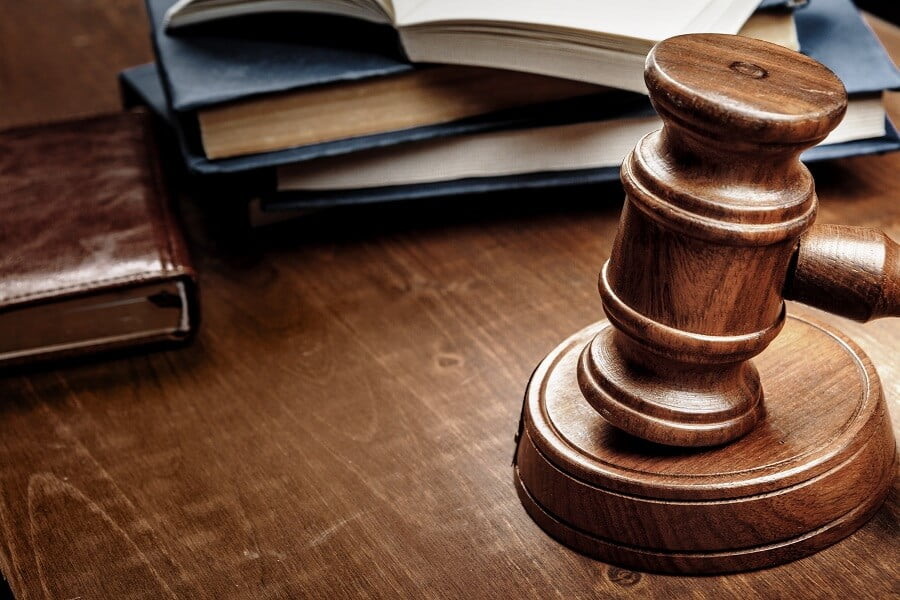Adjustment of Status Lawyer Can Help You Handle Complex Immigration Situations
Navigating the U.S. immigration system can be incredibly complex, especially when dealing with the process known as Adjustment of Status AOS. This legal procedure allows eligible individuals already in the United States to apply for lawful permanent resident status, commonly known as a green card, without returning to their home country for consular processing. While this route offers a path to stability and opportunity, it is often fraught with legal hurdles, documentation requirements, and procedural delays. An Adjustment of Status lawyer can play a crucial role in ensuring that applicants properly handle these challenges and successfully adjust their immigration status. One of the primary benefits of hiring an Adjustment of Status lawyer is their ability to evaluate an individual’s eligibility. Immigration laws are constantly evolving, and eligibility requirements for AOS can vary depending on the applicant’s specific visa category, immigration history, and criminal record. A skilled lawyer will thoroughly assess the client’s background and identify potential red flags that could lead to a denial, such as unlawful presence, visa overstays, or prior immigration violations.

In cases involving family-based or employment-based petitions, the lawyer can also ensure that the underlying petition is valid and properly filed, as any errors at this stage can jeopardize the entire adjustment process. In addition to eligibility analysis, an experienced lawyer helps clients compile and organize the extensive documentation required for a successful AOS application. This includes forms such as the I-485 Application to Register Permanent Residence or Adjust Status, I-130 Petition for Alien Relative, and supporting documents like birth certificates, tax records, affidavits of support, and medical examinations. Missing or inaccurate documentation is one of the leading causes of delays and denials. An immigration attorney ensures that every required document is complete, accurate, and submitted within the appropriate timeline, thereby minimizing the risk of setbacks. Furthermore, complex immigration situations often involve unforeseen complications, such as Requests for Evidence RFEs, Notices of Intent to Deny NOIDs, or interview challenges. These issues can be intimidating and difficult to address without legal expertise.
The lawyer can also prepare clients for their AOS interview by conducting mock interviews, reviewing potential questions, and advising them on how to present themselves confidently. Another critical aspect of hiring an immigration attorney is their ability to represent clients in communications with U.S. Citizenship and Immigration Services USCIS. Lawyers have a deep understanding of procedural nuances and legal precedents, allowing them to advocate for their clients more effectively than those navigating the system alone. They can follow up on delays, request expedited processing when necessary, and file appeals or motions to reopen if a case is unjustly denied. Adjustment of Status process can be overwhelming, particularly for those facing complex immigration circumstances. A knowledgeable Adjustment of Status lawyer not only provides legal expertise but also peace of mind, guiding clients every step of the way with professionalism and precision. By ensuring compliance with all requirements and advocating vigorously on behalf of the applicant, a skilled attorney significantly increases the likelihood of a successful outcome and a brighter future in the United States.


